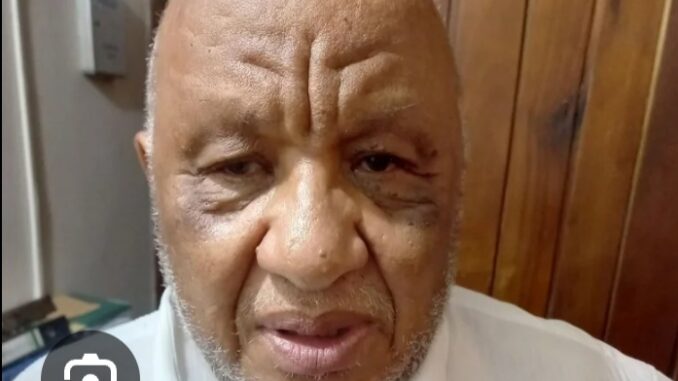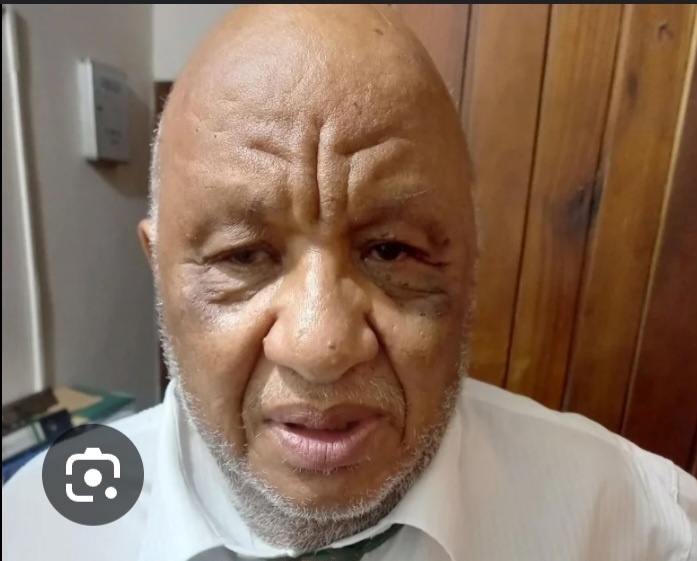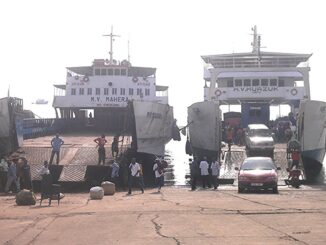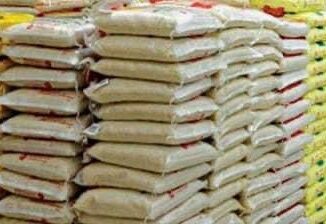
*Is Misprision of Treason Still Part of The Laws in Sierra Leone?*
05 February, 2024
*Francis Gabbidon*
I happened to be in Freetown in 1970/71 on holidays from the UK studying for the English Bar Exams at Gray Inn in London. During this period, the Treason case of Lansana and Eleven others was being heard in the Sierra Leone Court of Appeal, presided over by Justice Tambiah of the Court of Appeal, assisted by Justice Bridges, Chief Justice of the Gambia, and Justice Beccles Davies of the High Court of Sierra Leone. I sat down in the Court of Appeal, listening to legal arguments by the different lawyers and making notes on the case. I returned to London and got a copy of the verdict of the Court of Appeal.
*THE ISSUE OF MISPRISION OF TREASON*
On the issue of Misprision of Treason, the court states that Mispri- sion of Treason is where a person who knows that some other per- son has committed high treason does not within a reasonable time give information thereof to a judge or Justice of the Peace.
At Common Law, the punishment was roprisonment for life and forfeiture of the offenders’ goods, etc., but prosecutions for the offence are now unknown. The question for the judges in the case was whether misprision of treason, as known in English law, still lingers in Sierra Leone. In Sykes v. DPP 1961 3AER, 23 Lord Denning dealt with the derivation and the ingredients of misprision of treason as well as misprision of felony. The English law applicable in Sierra Leone is the Common Law Equity, and Statutes of General Application, which were in force on January 1st, 1880, sec. 74 of the Courts Act 1965. The question then was whether Misprision of Treason, as known to English law, is part of the Laws of Sierra Leone after the Treason and State Offences Act came into operation in 1963 in Sierra Leone The English Law of Treason is statutory and is found in the following Acts:. The Treason Act of 1351 The Treason Act of 1353 The Successions to the Crown Act 1707 Sec. 1 of the Treason Act 1814 Sections 1 and 2 of the Treason Fellony Act 1848 1 and 2 of the Treason Felony Act 1848 The Official Secret Act 1920.
he Treason and State offences Act of Sierra Leone of 1963 is based partly on the Official Secrets Act of England and partly on the Ghana Criminal Code. It swept away the English law governing offences against the state; it repealed all the Acts dealing with treason and felony in the United Kingdom which applied in Sierra Leone. The court which made up of the following judges:.
1 Justice Tambiah of Ceylon (now Sri Lanka)
2 Justice Philip Bridges, an Englishman who was Chief Justice of the Gambia
3 Justice Beccles Davies, a no-nonsense judge of Sierra Leone It is a consolidating statute which is self-contained and which sets out new provisions governing treason and state offences. It does not contain any provision relat nisprision of treason as known in the English Law, such as is found in the Ghana Criminal Code. It is clear therefore that after this act came into force, there is no English Law of Treason in Sierra Leone.
Consequently, concealment of treason, known to English law, ceases to be an offence in Sierra Leone. Consequently, concealment of treason, known to the English law, ceases to be known an offence in Sierra Leone. The maxim Cassata cessat Lex applies.
This important decision of the Court of Appeal of Sierra Leone is supported by the Distinguished Judge and Academic, Justice Bankole Thompson of Sierra Leone, in his book: The Criminal Law of Sierra Leone published in the USA, in which he stated, referring to the case of Lansana and eleven others, that he supports the appellate judges in their statements that: Misprision of Treason is no longer punishable in Sierra Leone. The offence of misprision of treason no longer exists as part o e Laws of Sierra Leone as it is not found in the Treason and State.
Offences Act 1963, which is a self-contained consolidating statute dealing with all offences in this field of law. The Laws in Sierra Leone was, for many years concerning, Misprision of Treason, the Court of Appeal decision in Lansana and Eleven Others v. State. Until the controversial treason of Kai-Kai and 14 others, which was exposed in a book written by Aminata Forna en- titled “The Devil that Danced on the Water,” a book that concerns that particular treason case in which the father of Aminata Forna, Dr. M. Forna was wrongly accused of treason and killed by the state. This book was a great expose of corruption, injustice, and miscarriage of the law in the Supreme Court of Sierra Leone and the Sierra Leone Judiciary.
This case was a Supreme Court decision which was full of controversy. The Chief Justice, Justice Kutubu, did not give good and solid by legal reasons for stating that misprision of treason is still law in of Sierra Leone, contrary to Justice Tambiah and Chief Justice Bridges of the Gambia. Many Lawyers and Judges in Sierra Leone believed that Justice Kotubu was under the influence of the late President of Sierra Leone, Dr. Siaka Stevens, to give that judgment. Contrary to the Lansana case which he could not influence the judge because they were not Sierra Leoneans.
President Stevens was very annoyed at the outcome of the Lansana case and wanted a retrial of the case but was advised by the Attorney General, then an English man who was hired from the UK, not to proceed with the second trial. Some Lawyers in Sierra Leone argued that the Kai-Kai case overruled the Lansana case on the issue of misprision of treason and to take prcedence over it, but the caliber of the judges in the Lansana case is of a higher status than those in the Kai-Kai case. Nearly all countries in the Commonwealth have abolished the offence of Misprision of Treason in their Laws; Sierra Leone is the only country that still retains that offence in the English Commonwealth. The issue of misprision should now be dead and buried in Sierra Leone.





Leave a Reply